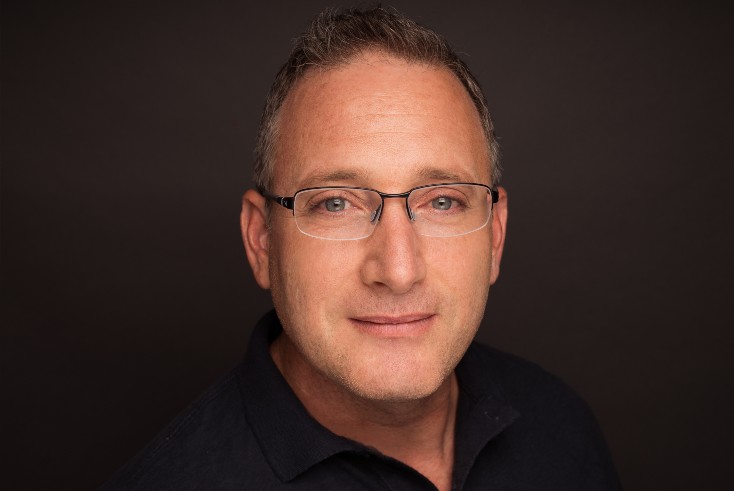
Noam Bardin, founder of Post and former CEO of Waze, discusses the transitioning state of social media, the need for micropayments in publishing, and the creation of an alternative to Twitter and Facebook. Bardin highlights three challenges with current platforms: user experience, business models, and toxicity. Post aims to address these challenges by providing an accessible user experience within the feed, integrating a micropayment network, and combating toxicity. Bardin also discusses the competition in the social media space and the importance of specialty and unique content for mid-tier publishers. He concludes by explaining his motivation for entering the news publishing space, citing the rise of authoritarianism and the need to address the negative impact of social media.
Noam Bardin's vision for supporting news publishing on social media revolves around the creation of Post, a platform that aims to bridge the gap left by traditional social media platforms. Bardin, who is the founder of Post and former CEO of Waze, believes that current social media platforms are facing challenges in terms of user experience, business models, and toxicity. To address these challenges, Post focuses on providing an accessible user experience within the feed, integrating a micropayment network, and combating toxicity.
One of the key aspects of Post is its emphasis on user experience. Bardin believes that current platforms have become cluttered and overwhelming, making it difficult for users to navigate and consume content. Post aims to simplify the user interface and provide a streamlined experience that allows users to easily access and engage with news content.
Another important feature of Post is its integration of a micropayment network. Bardin recognizes the need for publishers to monetize their content and believes that micropayments can be a viable solution. By allowing users to make small payments for accessing premium content, Post aims to support publishers and ensure the sustainability of quality journalism.
Toxicity is another issue that Bardin seeks to address with Post. He acknowledges that social media platforms have become breeding grounds for hate speech, harassment, and misinformation. Post aims to create a healthier online environment by implementing measures to combat toxicity and promote civil discourse.
Bardin also discusses the competition in the social media space and the importance of specialty and unique content for mid-tier publishers. He believes that Post can provide a platform for these publishers to reach a wider audience and differentiate themselves from larger platforms.
Bardin's motivation for entering the news publishing space stems from his concerns about the negative impact of social media and the rise of authoritarianism. He believes that social media has played a role in spreading misinformation and polarizing society. By creating Post, Bardin hopes to contribute to a more informed and democratic society.
Overall, Noam Bardin's vision for supporting news publishing on social media is centered around the creation of Post, a platform that aims to address the challenges faced by current social media platforms. Through its focus on user experience, integration of a micropayment network, and efforts to combat toxicity, Post seeks to provide a more accessible, sustainable, and healthy environment for consuming news.
[0ea94d03]